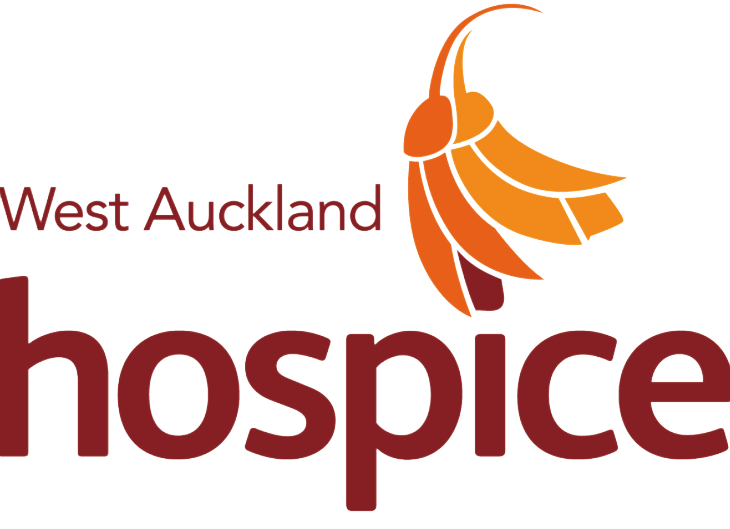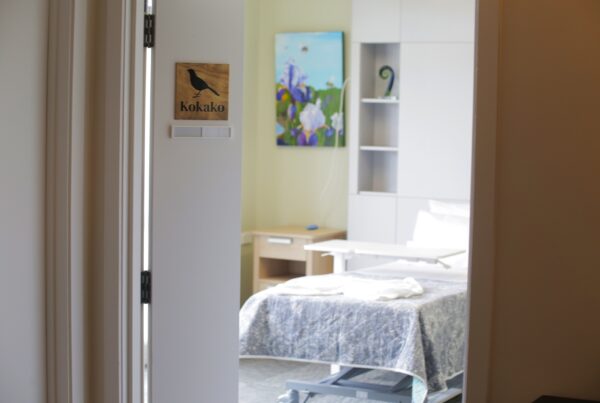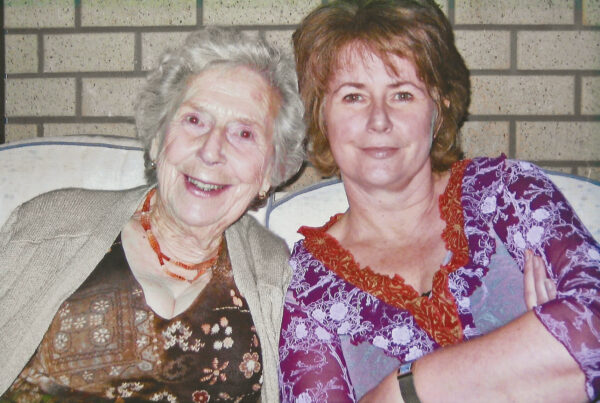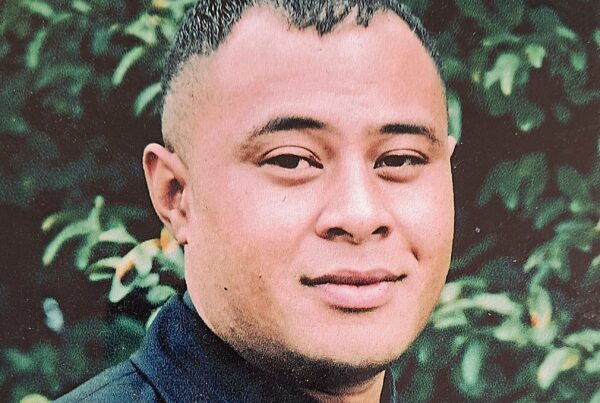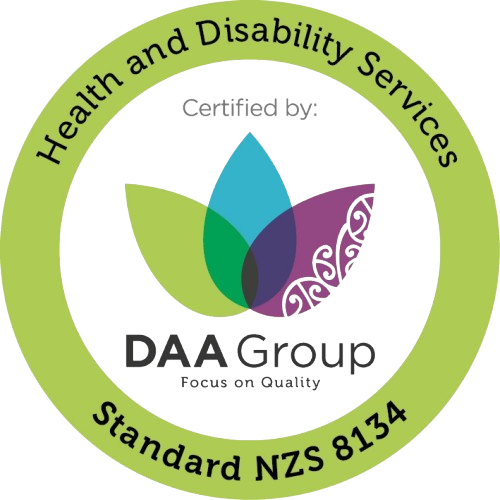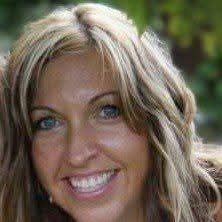 Gay’s beloved daughter Kerry was just 46 when she was diagnosed with a very rare and aggressive form of neuroendocrine cancer. Hospice cared for Kerry with expert pain and symptom management, then supported Gay with grief counselling through the difficult months that followed her heartbreaking loss.
Gay’s beloved daughter Kerry was just 46 when she was diagnosed with a very rare and aggressive form of neuroendocrine cancer. Hospice cared for Kerry with expert pain and symptom management, then supported Gay with grief counselling through the difficult months that followed her heartbreaking loss.
Kerry, a mother of two teenagers, was health-conscious and always maintained a healthy diet. So it was out of the blue when she suddenly started to get sore stomachs and bloating.
The symptoms escalated to become severe, prompting a visit to A&E. A myriad of physical examinations, blood and sample tests were performed, but all of the results were clear. Finally, an internal ultrasound detected a mass and the following colonoscopy yielded devastating results: neuroendocrine cancer in her intestines. “It was the worst-case scenario – and they couldn’t operate because it was already in the liver and the lung,” says Gay. “It was just so aggressive.”
Kerry commenced chemotherapy, but after two months it stopped working. A second round worked for five months, after which she was too ill to tolerate further treatment and her condition deteriorated rapidly. “We always had hope though, we never gave up,” says Gay. “My immediate thought when Kerry brought up Hospice was: what are they introducing Hospice for? We were still very, very positive. So when it was mentioned, it was very scary.” Hospice West Auckland began to visit Kerry regularly, providing her with medication to help manage her intense pain and symptoms. This became particularly vital when she could no longer take oral medication, and the Hospice Doctor set her up with a pain pump to deliver her medications continuously through a syringe. “The Hospice nurse would work away quietly in the background, she was a beautiful soul.”
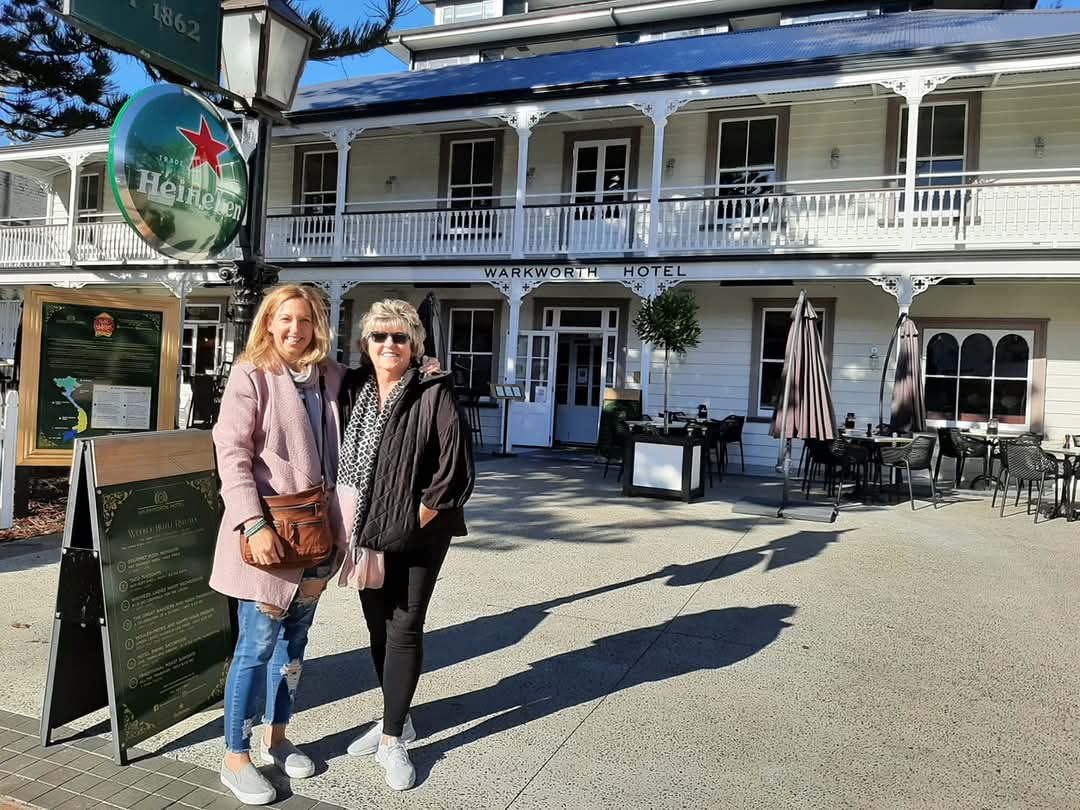
Gay is proud to come from a long line of tough women. Her grandmother raised five children in a troubled marriage. One of her children died at just 15 of strep throat complications in the days before antibiotics, and another child died at 40. “We’re tough women,” smiles Gay. “When Kerry was diagnosed, you can’t possibly comprehend losing a daughter, your mind just doesn’t go there. But I got a lot of strength from knowing my grandmother’s story. The strength of the women in my family is pretty powerful. You haven’t got a choice anyway, but my mother was strong, my daughter was strong and her daughter, my granddaughter is also strong.”
The family maintained this positive fighting attitude throughout Kerry’s illness. “We never gave up hope and she didn’t either,” says Gay. “My daughter-in-law is a naturopath, so even from Kerry’s first round of chemo she (Selena) invested huge amounts of time researching alternative treatments while looking at a ‘plan B’ and ‘plan C’. She also cooked special meals for her. Her brother Dean inspired her with his positiveness that she would beat this. She was so positive and strong. When the last round of chemo didn’t work, Kerry turned to me and said: ‘Don’t worry Mum, we’ve got plan C’. In those last two days when Kerry was bedridden, I made sure the Hospice Doctor didn’t tell her that she was dying – she was still fighting, she needed to be here for her children she didn’t want to hear that. It would serve no purpose. She went very, very peacefully with her children laying beside her, holding her along with her husband and me.”
Before Kerry fell ill, Gay admits she didn’t know much about Hospice, and presumed that ‘people just went to Hospice to die’. So after Kerry passed away, Gay was surprised to receive a call from Maxine, one of the Hospice West Auckland counsellors, to offer bereavement counselling. “I probably wouldn’t have done it, but I just sort of connected with her on that phone call,” she explains. “I agreed, as long as she would be the counsellor. I felt like Maxine was someone I could relate to with life experience, and that was really important to me. I’m quite private and it wouldn’t have worked otherwise. It’s so important how Hospice has a range of different therapists so you can find someone who is right for you.”
Gay didn’t just have grief to cope with in the months that followed Kerry’s passing. Turbulent family challenges saw her stepping in to take full care of her two grandchildren. “It was absolute chaos for at least the next nine months, a nightmare,” she says, “but Maxine allowed me to sound off and share, she would defuse me and throw a different perspective on things which was absolutely the right thing to do. Without Maxine, I don’t know how I would have coped. She was wonderful, so hugely beneficial.”
Shifting homes recently prompted a big household clear out and Gay knew that donating her preloved goods to Hospice was a must: “It had to go to Hospice.” It’s a wonderful way to give back to Hospice, paying it forward, by helping to raise funds through the shops for other families to benefit from Hospice’s services.
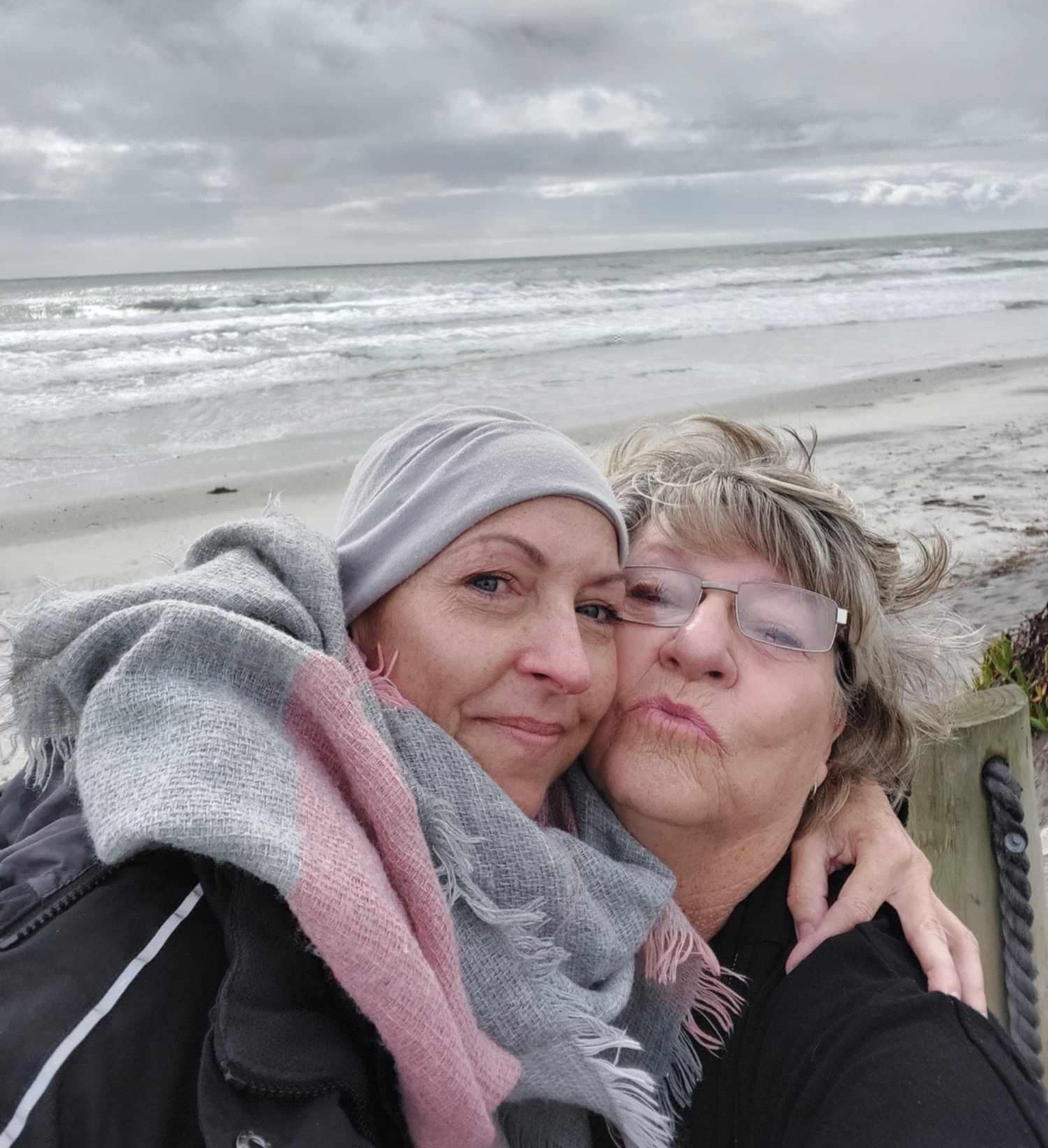
Gay acknowledges that a lot of her grieving was initially put on hold, and that it will be something she will always carry with her. “And I’m ok with that. We’ve come out the other end and the kids are happy, they’re gorgeous kids.” The family are now able to talk about Kerry a lot, finding comfort in precious memories.
